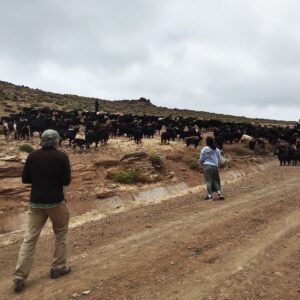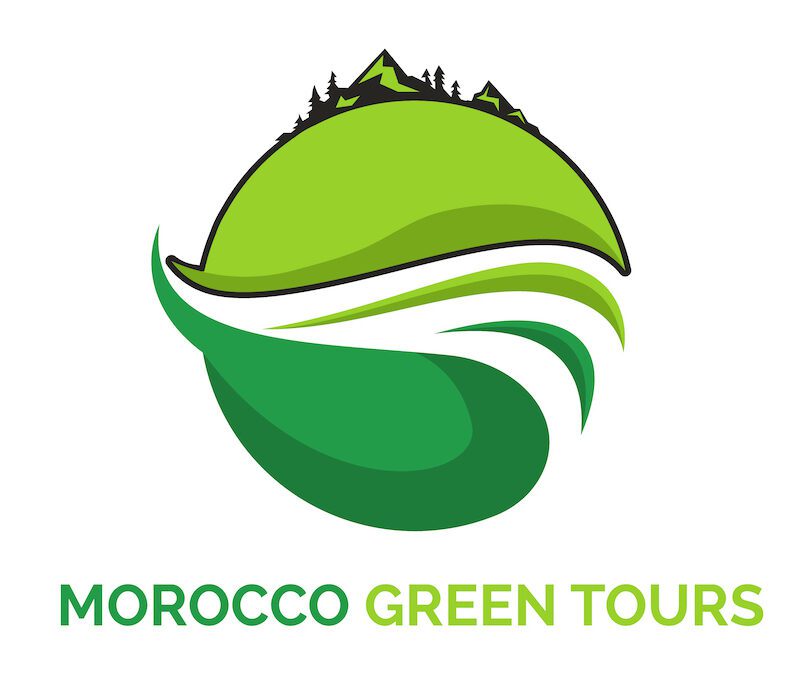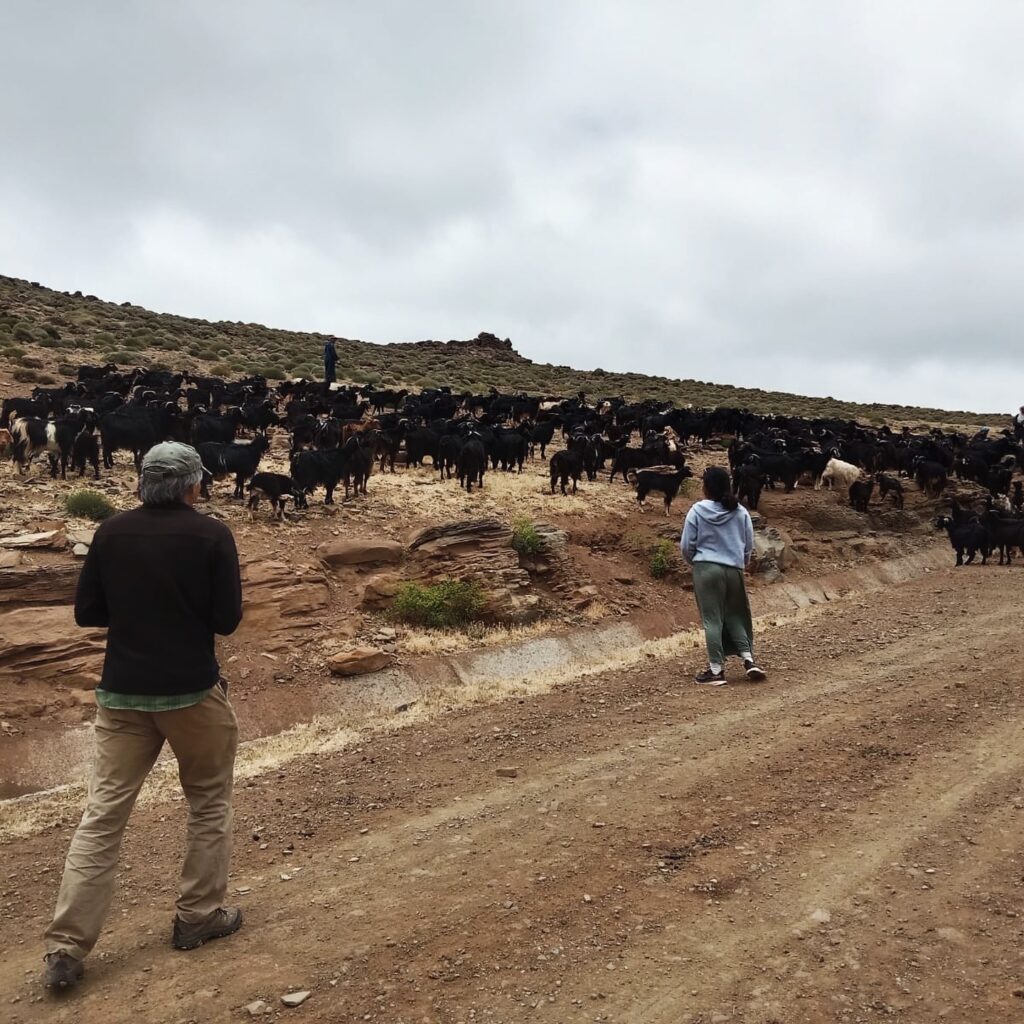Sustainable Volunteering in Morocco: Explore the Nomads
Morocco, with its vast deserts, rugged mountains, and rich cultural heritage, offers a unique opportunity to connect with its indigenous nomadic communities. Sustainable volunteering with nomads isn’t just about offering your time and skills; it’s about experiencing a way of life deeply rooted in nature and tradition. This article explores the enriching experience of sustainable volunteering with nomads in Morocco, detailing the activities involved, the cultural exchange, and the meaningful impact it has on both volunteers and the communities they join.



The Nomadic Lifestyle
Morocco’s nomadic communities, predominantly the Berbers, have thrived for centuries in some of the harshest environments on Earth. These resilient people move with the seasons, traveling across the deserts and mountains in search of water and pasture for their livestock. Despite the pressures of modernization and urbanization, many nomads remain committed to their traditional ways of life, living in tents or caves and sustaining themselves through herding, farming, and artisanal crafts.
Volunteering Activities
Sustainable volunteering with nomadic communities is a deeply immersive experience. Volunteers can participate in a wide range of activities, including:
- Educational Support: Many nomadic communities have limited access to formal education. Volunteers can teach basic literacy and numeracy skills to both children and adults, helping to bridge the education gap. This might involve setting up makeshift classrooms under tents or open skies, using creative methods to engage learners of all ages.
- Healthcare Assistance: Access to healthcare is often scarce in remote nomadic areas. Volunteers with medical training can provide much-needed medical aid, conduct health workshops, and offer maternal and child health support. Basic health education can also be provided, covering topics such as hygiene, nutrition, and disease prevention.
- Sustainable Agriculture: Assisting with farming activities is another vital area where volunteers can contribute. This includes introducing sustainable farming practices, helping with irrigation and water conservation efforts, and supporting the cultivation of crops suited to arid environments. Volunteers can also assist with livestock care, ensuring animals are healthy and well-nourished.
- Cultural Preservation: The rich cultural heritage of the nomads is at risk of being lost. Volunteers can document oral histories, traditional crafts, and music, helping to preserve these traditions for future generations. This might involve recording stories from elders, photographing traditional crafts, or learning and documenting traditional songs and dances.
- Infrastructure Development: Basic infrastructure such as water wells, shelters, and schools are often lacking in nomadic communities. Volunteers can contribute to building or repairing these essential structures, providing much-needed support to improve living conditions. This might involve manual labor, working alongside local community members to construct or repair vital infrastructure.
Cultural Exchange and Learning


Sustainable volunteering with nomads is not just about giving; it’s a profound cultural exchange that offers volunteers a deep understanding of the nomadic way of life. Living closely with the nomads, volunteers experience:
- Traditional Hospitality: Nomads are known for their warmth and hospitality. Volunteers will share meals and stories around the campfire, learning about local customs and values. This includes participating in traditional tea ceremonies, savoring local dishes, and understanding the significance of hospitality in nomadic culture.
- Language Skills: Volunteers will have the chance to learn basic phrases in Tamazight or other Berber languages. This linguistic exchange enriches the volunteer experience and helps build stronger connections with the community.
- Handicrafts and Art: Nomadic artisans are skilled in traditional crafts such as weaving, pottery, and jewelry making. Volunteers can learn these crafts directly from the artisans, gaining hands-on experience and an appreciation for the artistry involved.
- Sustainable Living: The nomadic lifestyle is inherently sustainable, with minimal reliance on modern conveniences. Volunteers will learn how to live sustainably, from resource conservation to eco-friendly practices. This includes understanding how nomads use natural materials for their needs, practice water conservation, and live with a minimal ecological footprint.
The Impact of Volunteering
The impact of sustainable volunteering with nomads extends far beyond immediate assistance. Long-term benefits include:
- Empowerment: Providing education and skills that empower nomads to improve their quality of life. This empowerment helps communities become more self-sufficient and resilient in the face of challenges.
- Economic Support: Creating opportunities for income generation through sustainable tourism and the sale of artisanal crafts. Volunteers can help establish market connections for these crafts, providing a steady source of income for the nomads.
- Cultural Preservation: Helping to preserve and promote the nomadic cultural heritage, ensuring it is passed down to future generations. This preservation is crucial for maintaining the unique identity and traditions of the nomadic communities.
- Environmental Conservation: Promoting sustainable practices that protect the fragile ecosystems of the desert and mountains. Volunteers can introduce and support eco-friendly practices that minimize environmental impact and help conserve natural resources.
Challenges and Considerations
While sustainable volunteering with nomads is incredibly rewarding, it comes with its own set of challenges. Volunteers must be prepared for:
- Remote Locations: Living in remote and often harsh environments with limited access to modern amenities. This includes adapting to basic living conditions, limited access to clean water and electricity, and dealing with extreme weather conditions.
- Cultural Sensitivity: Respecting local customs and adapting to a different way of life. Volunteers must be open-minded and willing to learn from the nomads, showing respect for their traditions and way of life.
- Physical Demands: Engaging in physically demanding tasks such as herding, farming, and building. Volunteers should be prepared for manual labor and the physical demands of living in a nomadic environment.
Sustainable volunteering with nomads in Morocco is a unique opportunity to make a tangible difference while embarking on a journey of cultural discovery. It fosters mutual respect, understanding, and sustainable development, ensuring that the nomadic way of life continues to thrive in the face of modern challenges. By immersing yourself in the world of Morocco’s nomads, you not only enrich their lives but also gain a profound appreciation for their resilience, traditions, and sustainable practices. This experience leaves a lasting impact on both the volunteers and the nomadic communities, creating a bond that transcends borders and cultures.

